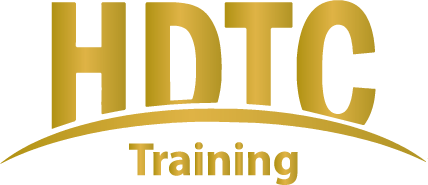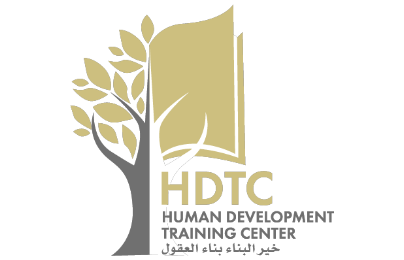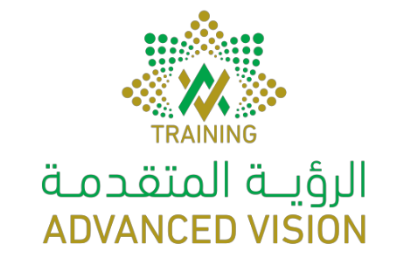Upon completing this course, participants will be able to:
- Understand the tools & techniques, and best practices in project management
- Have a thorough understanding of the Project Management Institute (PMI) approach to project management.
- Understand the project management process and lifecycle
- Increasing one’s credibility and effectiveness in leading a project
Domain 1: Project Management Fundamentals and Core Concepts :
- Demonstrate an understanding of the various project life cycles and processes.
- Demonstrate an understanding of project management planning.
- Demonstrate an understanding of project roles and responsibilities.
- Determine how to follow and execute planned strategies or frameworks (e.g., communication, risks, etc.).
- Demonstrate an understanding of standard problem-solving tools and techniques.
Domain 2: Predictive, Plan-Based Methodologies:
- Explain when it is appropriate to use a predictive, plan-based approach.
- Demonstrate an understanding of a project management plan schedule.
- Determine how to document project controls of predictive, plan-based projects.
Domain 3: Agile Frameworks/Methodologies:
- Explain when it is appropriate to use an adaptive approach.
- Determine how to plan project iterations.
- Determine how to document project controls for an adaptive project.
- Explain the components of an adaptive plan.
- Determine how to prepare and execute task management steps
Domain 4: Business Analysis Frameworks:
- Demonstrate an understanding of business analysis (BA) roles and responsibilities.
- Determine how to conduct stakeholder communication
- Determine how to gather requirements.
- Demonstrate an understanding of product roadmaps
- Determine how project methodologies influence business analysis processes.
- Validate requirements through product delivery
There’s a rising global demand for project managers across many industries.
- A 2021 report from PMI projects that the global economy will add 25 million new project jobs by 2030.
- To keep up with this demand, 2.3 million professionals would need to enter the project management field every year until 2030, indicating a steady demand that could create strong job security.
- Moreover, even early-career project management professionals earn relatively high salaries, according to the results of a salary survey by PMI. In the U.S., project managers with less than three years of experience earn a median annual salary of $78,279.
- Earning your CAPM certification can be a vital stepping stone toward career advancement and increased earning potential
- Individuals wishing to obtain an international credential demonstrating an understanding of the fundamental, best practice, project management knowledge defined in the PMBOK.
- Entry-level individuals wishing to enter the project management profession.
- Individuals are looking to advance their standing as project management subject matter experts in their organizations.
- Individuals working in support of a project management office (PMO).
- Project stakeholders intending to serve as a sponsor, facilitator, liaison, or coordinator.
- Project managers desiring a professional certification but lack the experience requirements for the PMP certification.
- Part-time project managers looking to formalize their project management skill-set and be recognized for their knowledge.
-
To sit for the exam, you must meet the following CAPM requirements:
- Have a secondary degree, such as a high school diploma, GED (general educational development), or global equivalent
- Have at least 23 hours of project management education completed before the exam (PMI’s on-demand CAPM Exam Prep Course can help fulfill this requirement)
- Being a Certified Associate Project Manager (CAPM)®certification holder contributes to career opportunities at entry and associate levels, such as project coordinator and junior project manager.
- Earning your CAPM certification means automatically meeting the 35 hours of project management education and training required to sit for the PMP exam.
- Whether you’re looking to build on your current skillset or pursue an exciting new career, The CAPM distinguishes your skills and empowers you to make the project management career of your dreams.
Earning the CAPM certification can help you qualify for various project management roles. Here are some typical jobs that CAPM-certified professionals can pursue.
- Assistant project manager
- Program manager
- Project analyst
- Project Coordinator
- Project manager
- Technical project manages
- Exam Type: Multiple-choice
- No Of Questions: 150 questions per paper: 135 scored, 15 unscored
- Exam Duration: 3 hours
- Result: The passing score is determined through psychometric analysis
- Type: Closed book exam
- The CAPM Exam is available in the following languages: English, Spanish, Arabic, Italian, French, Portuguese (Brazilian), German, and Japanese.
- Any candidate whose score is invalidated or canceled based on statistical evidence alone shall be entitled to a free examination retake.
Retaking the Exam
- If you do not pass the exam on your first attempt, we encourage you to continue studying and then retake the exam.
- You may take the examination up to three times within the 1-year eligibility period.
- After three attempts, you must wait one year from the date of your last examination before you can reapply for the certification.
- This policy is designed to uphold exam security and reduce the overexposure of examination questions to individual candidates.
- However, during this 1-year waiting period, you can apply for any other PMI certification.
- You must reapply for the certification if your 1-year eligibility period expires without passing the examination.










